NATURAL POINT OF AIM: TRANSLATING SHOOTING SKILLS INTO LIFE SKILLS
On day 1 of SEAL marksmanship training, the instructors teach a concept called natural point of aim. Natural point of aim, is where the shooter holds the weapon in a naturally comfortable body position. This position determines where the bullets impact the target. It is influenced by a variety of factors like the cheek weld, body position, stance, even the bridge of the nose can factor into what constitutes the natural aiming area. To change a shooters natural point of aim, one has to change their habits. Fix your stance, adjust the stock position on the shoulder. By changing one’s habits, you can change the trajectory of the bullet, and increase accuracy and precision in order to hit your target. This small wisdom, to put small caliber, high velocity rounds on target applies beyond the range as well. In order to change both the trajectory of a round, but also the trajectory of one’s life, you must change your habits. Veterans and shooters know this concept intuitively, but dont always apply it outside of the context of shooting.
Over 2.7 million veterans have deployed to Iraq or Afghanistan. Over half have made multiple deployments. Upon leaving active service many of those veterans have struggled to find their way in the civilian world. There are many reasons for this. Many veterans suffer from both visible and invisible wounds of war. Civilian employment is challenging with pre-pandemic unemployment rates of over 12%. Finally and somberly, the end result of this is the well known but still staggering and sobering statistic is that as many as 22 veterans a day take their own life. These are hard truths but they are not immutable.
One of the biggest challenges for returning service members is translating their military skills into meaningful civilian employment. There are very few civilian job postings on monster.com for underwater demolition experts. Without meaningful purpose whether through work or volunteerism, it is easy for veterans to lose front-sight focus on the most important things in life.
It is by returning to some of the basic principles engrained during active duty service that Veterans can learn to both survive and ultimately thrive in the civilian world. Just like shooting, by changing habits, they can change the course and trajectory of their lives. While great strides have been made to translate occupations like combat medics to civilian medical training, it is often the harder to define character traits of discipline, initiative, leadership, and service that are the most important components of success in veterans transition.
At Defense Strategies Group, students are put through rigorous shooting drills. There is the dreaded 115 lbs sandbag, the medicine ball of pain, and a variety of drills meant to challenge and simulate the unpredictability of a real world encounter. This training is derived from the curriculum of some of the most elite special operations courses in the world (modified for civilian applicability). By teaching students to operate in amorphous and challenging environments, DSG prepares citizens for the challenges of life. The same is true for veterans who have undergone similar training and stressors. Shooting and the discipline required to become proficient are merely a training tool with horizontal transfer to other domains. The ability to change one's habits, the situational awareness to communicate and think under pressure and stress, the constant measuring and evaluation of performance; these are not shooting skills, they are life skills. By leveraging the best of combat training, harnessing and re-purposing martial concepts from shooting to strategy, veterans (and civilians) can zero in and hit new targets for success in their post military careers.
Kaj Larsen is an award-winning journalist whose work has appeared on NETFLIX, CNN, ABC, CBS, NBC, FOX, VICE, Huffington Post, and numerous other outlet. Prior to his work in television, Kaj spent five years on active duty serving as a US Navy SEAL. As a Lieutenant he led a team of special warfare personnel in covert operations overseas deploying as a detachment Commander in support of the Global War on Terrorism. Kaj continues his service as a science diver for Force Blue, a team of veterans in support of ocean conservation
